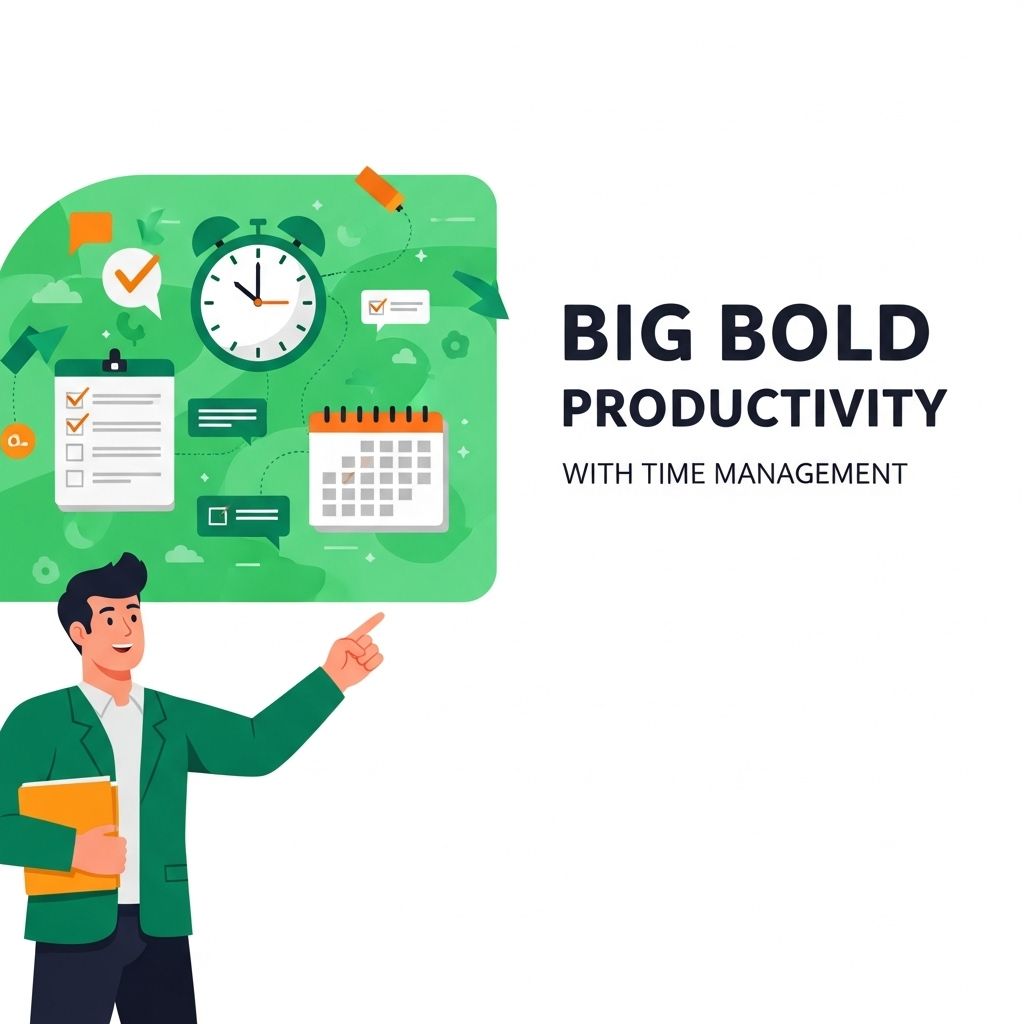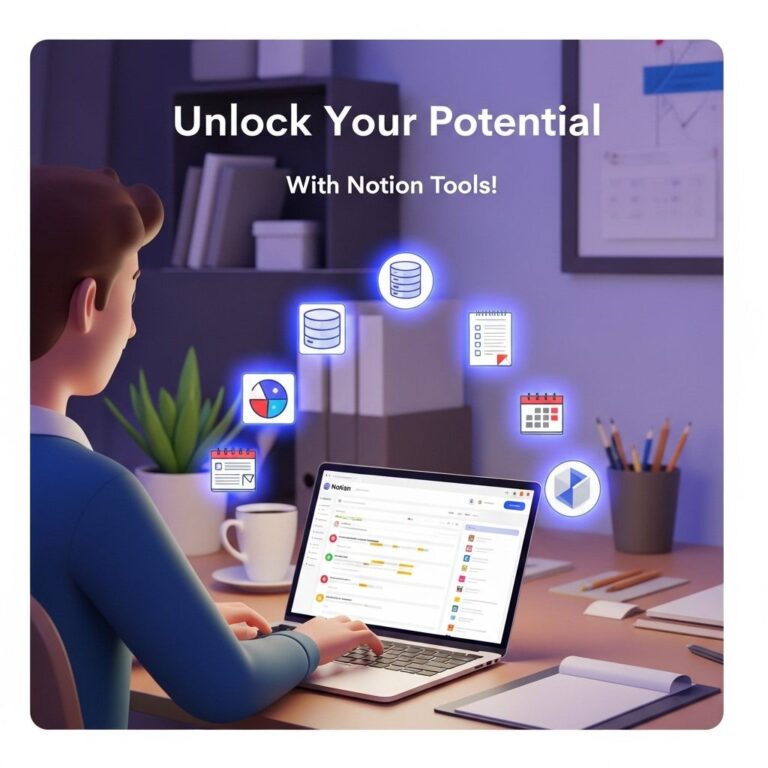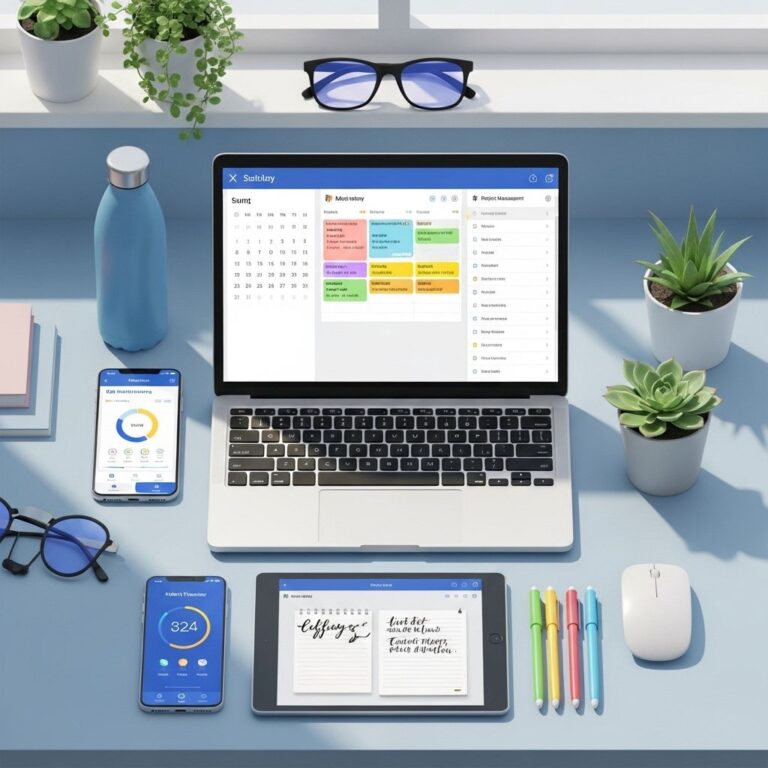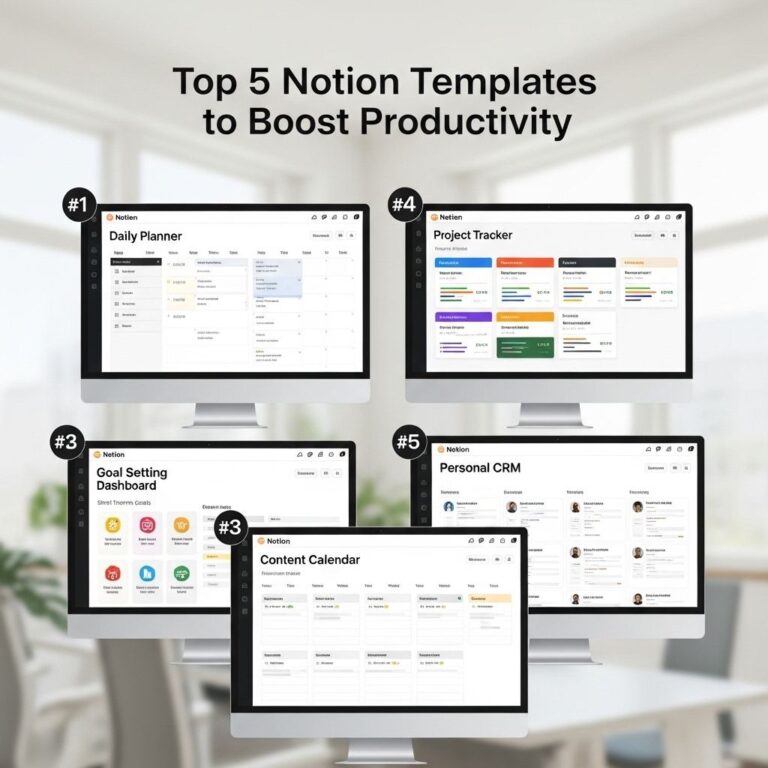In today’s fast-paced world, the ability to manage time effectively is more crucial than ever. With countless distractions and responsibilities vying for our attention, mastering time management can significantly enhance productivity. By implementing structured strategies, individuals can not only meet their deadlines but also maintain a healthy work-life balance.
Table of Contents
Understanding Time Management
Time management is the process of planning and exercising conscious control over the amount of time spent on specific activities. Good time management enables an individual to complete more in a shorter period of time, lowers stress, and leads to career success.
Key Benefits of Effective Time Management
- Increased Efficiency: Improve your ability to work smarter, not harder.
- Enhanced Focus: Spend more time on what truly matters.
- Reduced Stress: Alleviate the pressure of looming deadlines.
- Greater Opportunities: Free up time for new possibilities.
- Improved Work-Life Balance: Allocate time for both professional tasks and personal interests.
Strategies for Effective Time Management
1. Prioritization
One of the cornerstones of effective time management is the ability to prioritize tasks. Understanding what tasks are urgent and important can guide your day-to-day actions.
The Eisenhower Box
The Eisenhower Box is a helpful tool for prioritization:
| Urgent | Not Urgent |
|---|---|
| Important: Do it now | Important: Schedule a time to do it |
| Not Important: Delegate it to someone else | Not Important: Eliminate it |
2. Setting SMART Goals
Goals should be:
- Specific
- Measurable
- Achievable
- Relevant
- Time-bound
3. Time Blocking
Time blocking involves dividing your day into blocks dedicated to specific tasks. This method helps avoid multitasking and encourages deep work during each block.
Example of Time Blocking Schedule
Here’s a simple framework for a time-blocking schedule:
- 8:00 AM – 9:00 AM: Email and communications
- 9:00 AM – 11:00 AM: Focused project work
- 11:00 AM – 12:00 PM: Meetings and collaboration
- 12:00 PM – 1:00 PM: Lunch break
- 1:00 PM – 3:00 PM: Continued project work
- 3:00 PM – 4:00 PM: Review and planning
Leveraging Tools and Technology
Incorporating technology can elevate your time management practices significantly. There are countless tools available that cater to various needs.
Popular Time Management Tools
- Trello: Great for task organization and project management.
- Asana: Ideal for team collaboration and tracking progress.
- Todoist: A simple yet powerful to-do list application.
- RescueTime: An excellent tool for tracking where your time goes.
- Google Calendar: Perfect for scheduling and reminders.
Integrating Automation
Consider automating repetitive tasks to save precious time. Tools like Zapier allow you to connect different apps and automate workflows.
Overcoming Procrastination
Procrastination can be a significant roadblock to effective time management. Here are some strategies to overcome it:
1. Break Tasks into Smaller Steps
Large tasks can be daunting. Break them into manageable segments to encourage progress.
2. Use the Pomodoro Technique
This technique involves working for 25 minutes followed by a 5-minute break. This cycle helps maintain focus and prevent burnout.
3. Find Your Motivation
Identify what drives you to complete tasks, whether it’s personal satisfaction, rewards, or deadlines.
Evaluating Your Time Management
Regularly assess your time management strategies to identify areas for improvement. Consider the following:
Reflection Questions
- What tasks took longer than expected? Why?
- Did distractions significantly impact productivity?
- How well did I stick to my schedule?
Adjusting Your Approach
Based on your reflections, adjust your strategies as necessary. Flexibility is key in optimizing your time management.
Building a Productive Routine
Consistency is vital for long-term success in time management. Establishing a daily routine can help you cultivate productive habits.
Elements of a Productive Routine
- Morning Ritual: Start your day with activities that energize you.
- Work Blocks: Stick to designated work periods.
- Breaks: Schedule regular breaks to recharge.
- Evening Routine: Wind down to ensure quality rest.
Final Thoughts
Effective time management is not just about getting more done; it’s about creating a life where you can thrive personally and professionally. By adopting the strategies discussed, you can enhance your productivity, minimize stress, and find more time for what truly matters in life. Remember, time is a non-renewable resource—use it wisely!
FAQ
What are some effective time management techniques to boost productivity?
Some effective time management techniques include the Pomodoro Technique, time blocking, prioritizing tasks using the Eisenhower Matrix, and setting SMART goals.
How can I create a time management plan to increase my productivity?
To create a time management plan, start by assessing your current tasks, setting clear priorities, allocating specific time slots for each task, and regularly reviewing your progress and adjusting your plan as needed.
What role does goal setting play in time management and productivity?
Goal setting provides direction and motivation, helping you focus your time and efforts on what truly matters, which ultimately boosts productivity.
How can I minimize distractions to improve my time management?
Minimizing distractions can be achieved by creating a dedicated workspace, using tools like website blockers, setting specific times for checking emails, and communicating boundaries to others.
What tools can help me with time management and improving productivity?
There are many tools available, including digital planners like Trello or Asana, time tracking apps like Toggl or Harvest, and calendar apps that can help you organize and manage your time effectively.
How can I evaluate my time management skills to improve productivity?
You can evaluate your time management skills by tracking how much time you spend on different tasks, identifying areas of inefficiency, and seeking feedback from peers or mentors on your productivity habits.







